In a recent conversation with our Viking Times Editor-in-Chief Shannon Raneri, she shared an all-too-common classroom experience: hearing other students insist on ridiculous historical misconceptions, such as that Benjamin Franklin was a U.S. president or that he invented the lightbulb. While these misconceptions might seem insignificant, they reflect a deeper issue plaguing American students today– a widespread misunderstanding of history.
Shannon’s anecdote highlights a larger problem in how U.S. history is taught across the country. Surveys have repeatedly shown that students, and even adults, struggle with basic historical facts. A 2024 study by the American Council of Trustees and Alumni found that just 31% of college students could identify James Madison as the Father of the Constitution, only 28% recognized the 13th Amendment as the measure that abolished slavery, and merely 32% understood the legislative branch’s role in declaring war. These examples aren’t just embarrassing – they suggest that our education system is failing to equip students with the historical knowledge necessary to understand their own nation and the world around them.
Some of the most persistent misconceptions involve major historical figures and events. Take Benjamin Franklin, for example. Although widely recognized as one of America’s Founding Fathers, Franklin was never a president, a fact that often surprises students. His contributions to science, such as his experiments with electricity, have also led to confusion. Many mistakenly credit him with inventing the lightbulb, which was actually the work of Thomas Edison nearly a century later.
Other misconceptions are even more concerning. For instance, students often confuse major time periods or historical figures. A significant number think that George Washington and Abraham Lincoln lived during the same era, or that the Wright brothers invented the automobile. As a public school student who has taken many history classes throughout my life, I’d say these errors probably stem from a mix of inadequate history education, and an overreliance on memorizing names and dates without understanding the broader context.
The root of this problem lies in the way history is taught. Although the history classes here at Winthrop High School are effectively taught by great teachers, many other U.S. schools focus on memorization rather than encouraging critical thinking or making connections between historical events. This shallow approach to teaching history fails to engage students on a deeper level. When history is reduced to a list of facts to be memorized for a test, students miss out on what makes the subject truly meaningful. They learn that George Washington was the first U.S. president, but not why the Revolutionary War mattered. They know Martin Luther King Jr.’s name, but not the civil rights struggles that shaped the movement he led.
While these misconceptions might seem harmless, they can have significant consequences. A lack of historical knowledge can prevent students’ ability to engage with current events. Understanding history is essential to being an informed citizen– without it, individuals cannot truly understand the long-term effects of political and social matters.
For example, the inability to distinguish between different historical periods can blur the lessons of major events like the Civil Rights Movement, the Great Depression, or the World Wars. If students don’t know when or why these events happened, how can they understand modern issues like racial inequality, economic challenges, or international conflicts?
In my opinion, I highly encourage educators to shift from focusing on memorization to promoting critical thinking. History should be presented not just as a series of isolated events but as interconnected stories with causes and consequences. Additionally, I cannot emphasize enough how important it is for schools to offer a more diverse range of historical perspectives. Teaching history from a wider variety of voices– particularly those of women, people of color, and marginalized communities– can offer students a fuller picture of the past.
The misconceptions Shannon observed reflect a nationwide issue, but they also present an opportunity for change! If schools can begin to treat history as more than just a collection of names and dates, they can inspire students to think critically about the past and its connections to the present. Understanding history properly is not just about passing a test; it’s about becoming informed citizens who can engage thoughtfully with the world around them. If we want the next generation to be capable of making informed decisions about the future, we must first ensure they understand the past.
“To forget our past is to walk blindly into the future.”



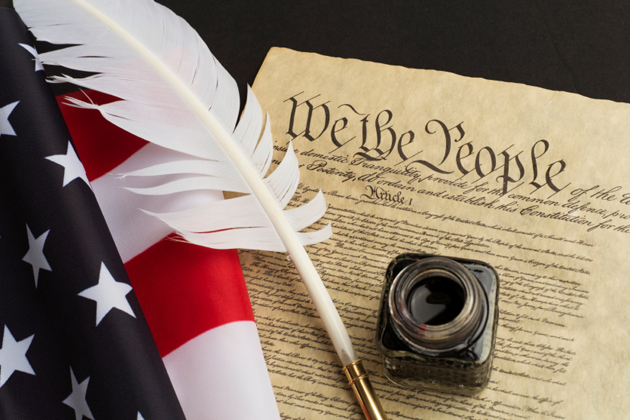

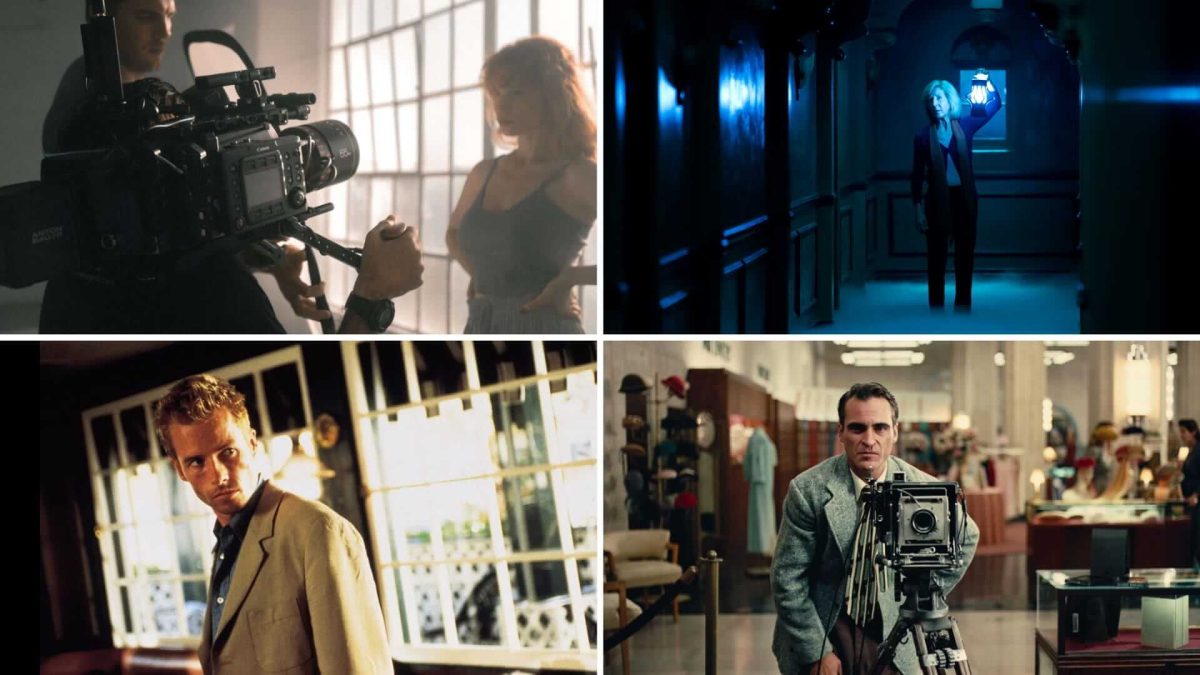
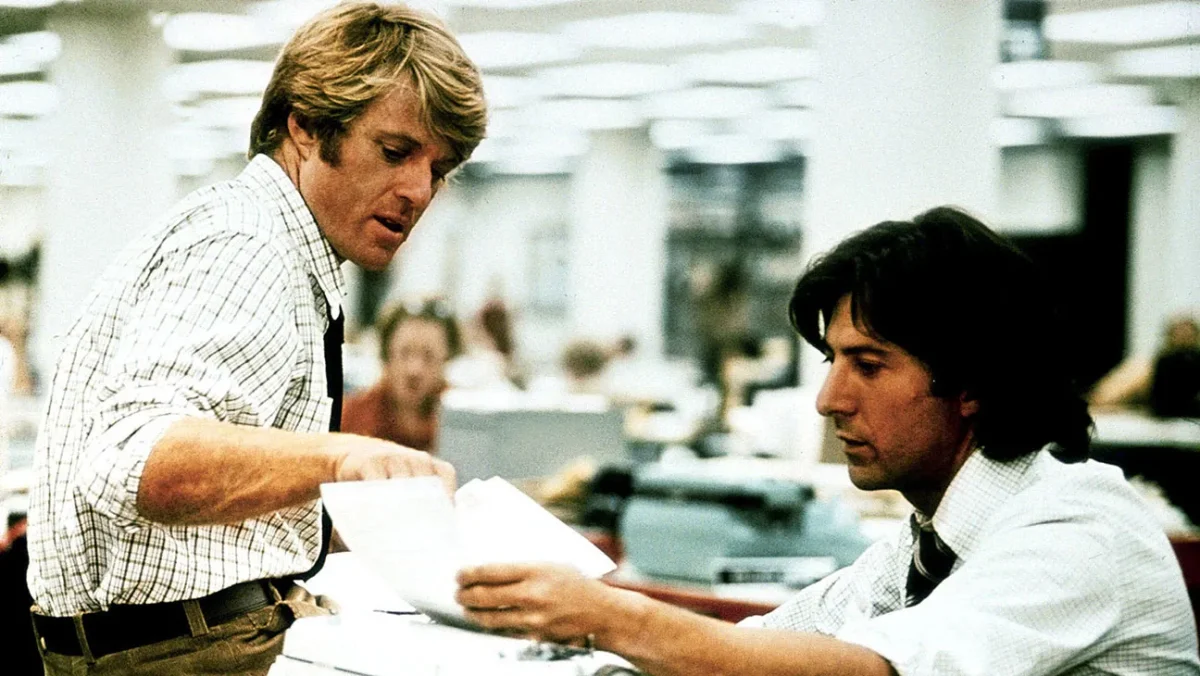

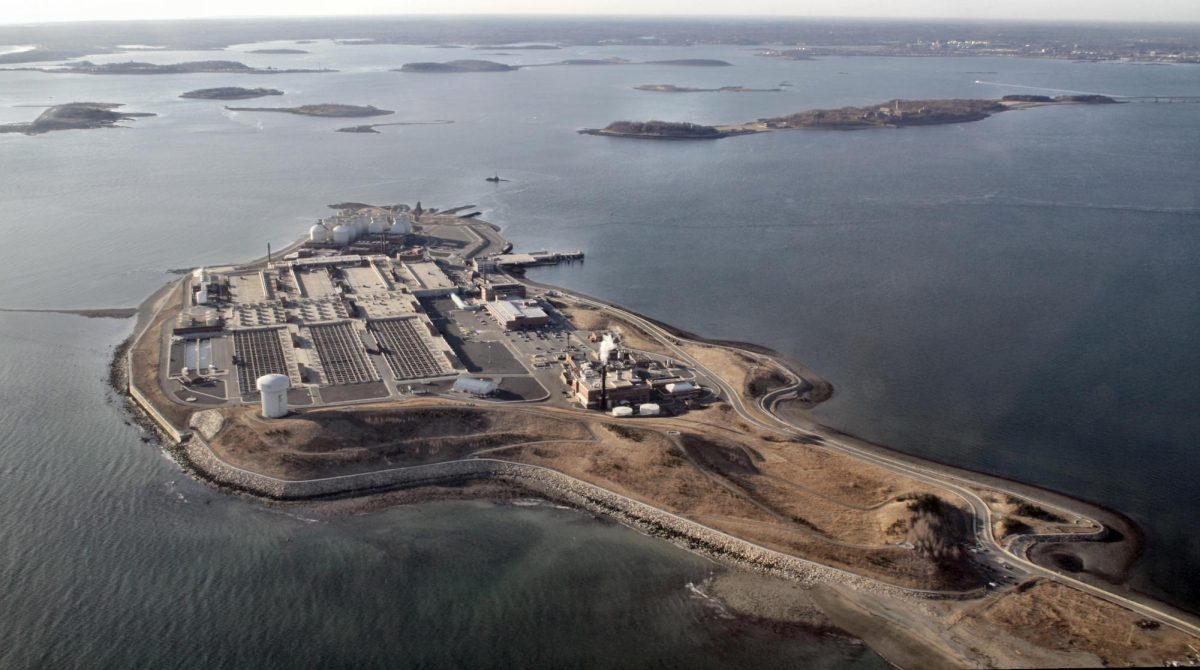
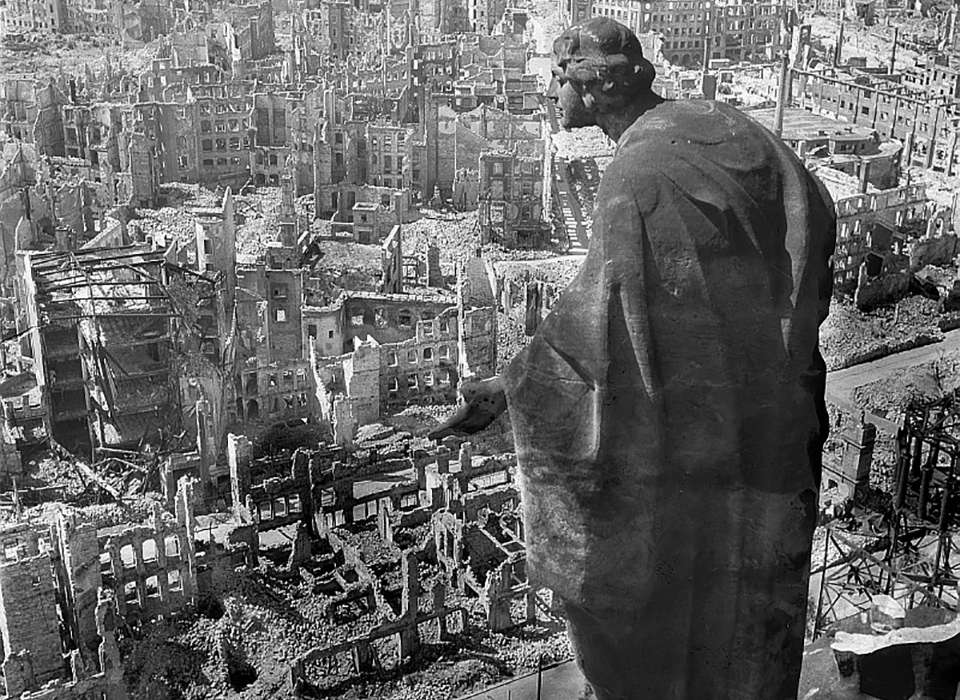


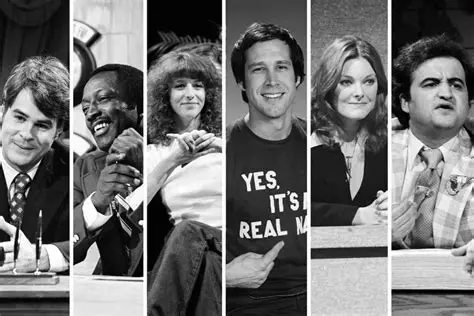





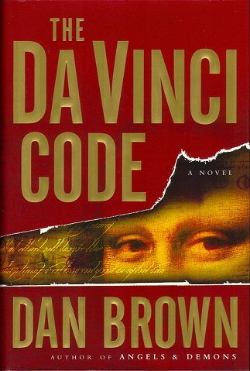

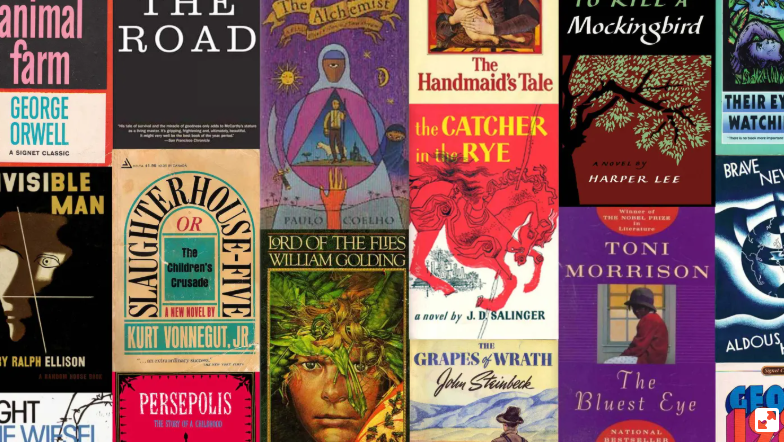

Mark W Dixon • Sep 30, 2024 at 8:00 am
I blame standards-based education, coupled with the Internet.
There’s no history MCAS, meaning schools have been taught that it’s less important than math, ELA, and science. Hence, it’s been underresourced. Art has it even worse, unfortunately.
Meanwhile, the internet and its search algorithms have dulled our ability to do research on our own, and research (with the associated critical thinking) is what history education is about.
The sad state of our world is largely due to ignorance about history. I’m afraid I don’t see much reason to hope it’s going to get a whole lot better.
Mr. Rowley • Sep 30, 2024 at 9:01 am
I agree- Also in Winthrop there is very little History education at the elementary level. Most of the focus is on ELA and Math and when students get to middle school, they may not have a certified History teacher until 8th grade. Both 6th and 7th grades have two teams but only one of those two teams has a certified History teacher while the Math, ELA, and Science teachers each teach one Social Studies class.
However, I do believe there should be caution when blaming school for everything. I believe parents and families play a huge role in the education of their children as well. After all, I only see my students for 180 days out of one year.
Shannon Raneri • Sep 28, 2024 at 8:17 pm
Chelsea, your article is, unfortunately, very true. This is a good read!
Dee • Sep 27, 2024 at 10:34 am
Well said Chelsea – my favorite teacher in high school (30+ years ago!) was my history teacher – he had such passion for it and was never amazed by history, which he passed down to us. Many students now also don’t appreciate history, unfortunately, and it’ll all be lost to them and future generations.
Jillian Buonopane • Sep 27, 2024 at 8:00 am
Wow.